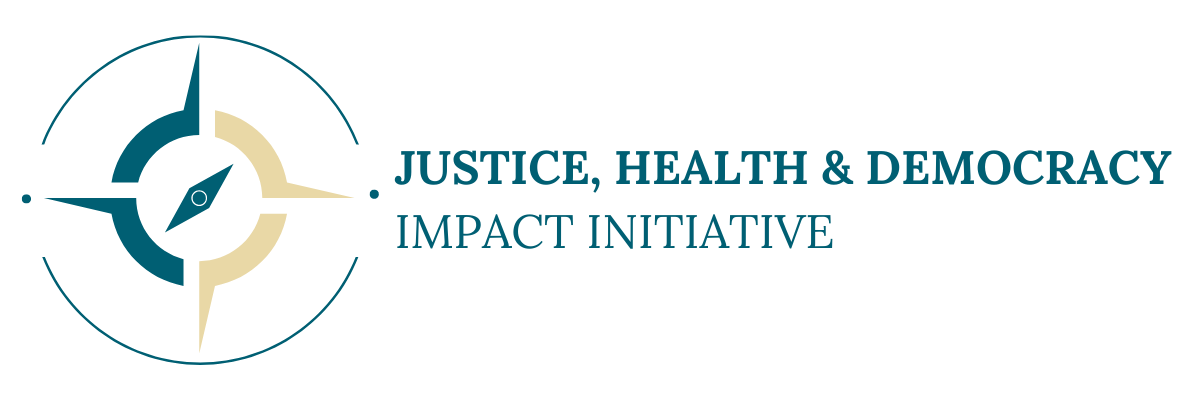Ethics of Decentralized Social Technologies: Lessons from Web3, the Fediverse, and Beyond

This paper argues that the plethora of experiments with decentralized social technologies (DSTs)—clusters of which are sometimes called “the Web 3.0 ecosystem” or “the Fediverse”—have brought us to a constitutional moment. These technologies enable radical innovations in social, economic, and political institutions and practices, with the potential to support transformative approaches to political economy. They demand governance innovation. The paper develops a framework of prudent vigilance for making ethical choices in this space that help to both grasp positive opportunities for transformation and avoid the potentially problematic consequences. Most of our specific examples and concerns come from the blockchain/Web3 universe, as this has received the greatest investment, attention, and adoption to date. However, we aim to offer a framework for governance decision-making in conditions of uncertainty that applies more broadly to other DSTs. Specifically, under the framework of prudent vigilance, we propose a pragmatic, democratic, and pluralist approach to navigating bold experimentation with social practices and political economy enabled by these technologies. Our overarching goal is to provide a framework open to transformative improvement and constrained by guardrails and guiding values supportive of democracy, freedom, and pluralism. We take a relatively strong position, rather than simply laying out ethical issues and potential approaches. We seek to be provocative in order to spur further work and hope this paper will serve as a first bridge between academic philosophy and the DST community, which have hardly interacted to date.
Joshua Simons

Postdoctoral Fellow in Technology and Democracy
Carr Center for Human Rights and Edmond & Lily Safra Center for Ethics, Harvard University
Handle with Care

A common view is that autonomous weapons systems (AWS) should be banned because they might violate the rules of war. But even perfect compliance with the law is compatible with morally wrongful killing on a massive scale. As criterion for assessing the ethics of deploying AWS, therefore, the law must be handled with care.
A More Equal Future?

The effects of machine learning on social justice, human rights, and democracy will depend not on the technology itself, but on human choices about how to design and deploy it.
How AI Fails Us

The existing vision for artificial intelligence dangerously misconstrues intelligence as autonomous rather than social and relational.
Digital Public Goods: Guidance for Development, Governance, and Stewardship

As digital public goods (DPGs) become more common we must recognize the ethical considerations of how and by whom these systems are built. We’ve released guidance in the form of an ethics playbook.
Federalism Is an Asset

The U.S. is designed to be centralized and decentralized at the same time, which is exactly the structure we need right now to fight COVID-19. The ideological battles between conservatives and liberals always assume “either/or”—it is either the federal government or the states/localities that we need to steer policy, when actually it is both/and.

